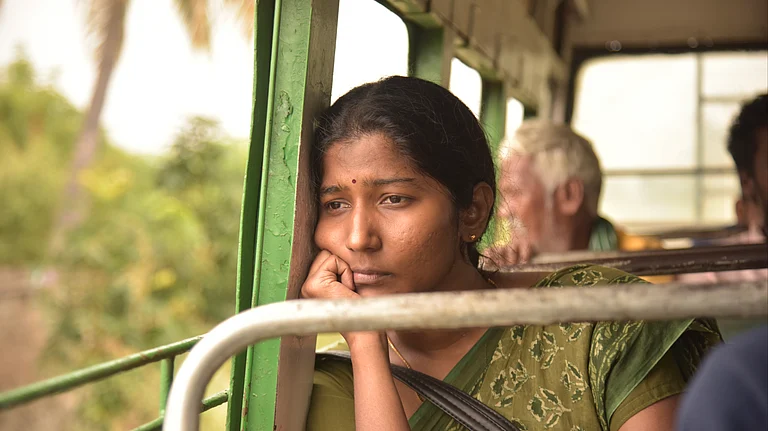In response to the increasing number of suicides among students preparing for engineering and medical entrance exams in Kota, efforts are being made to provide professional training to hostel wardens and staff members. This training will encompass various aspects of student care, including mess management, psychological counseling, and behavioral guidance.
This initiative has been prompted by the alarming rise in student suicides this year. Three hostel associations in Kota—Chambal Hostel Association, Coral Hostel Association, and Kota Hostels Association—have entered into an MoU with Jai Minesh Tribal University to develop specialized Hostel Management certificate programs for the hostel wardens and staff.
Every year, more than 2.5 lakh students migrate to Kota to prepare for competitive exams like the Joint Entrance Exam (JEE) for engineering and the National Eligibility-cum-Entrance Test (NEET) for medical college admissions. Naveen Mittal, the President of Kota Hostel Association, revealed that there are currently 3,500 hostels in the coaching hub.
This year has witnessed a distressing surge in student suicides, with a total of 23 reported so far. Notably, two students took their lives within a few hours of each other on August 27, and the most recent incident occurred on Wednesday. In comparison, there were 15 reported suicides last year.
Discussing the training program, Mittal conveyed to PTI, "Desperate times call for desperate measures. This has been long due. Hostels employ anybody and everybody for these jobs and they are not trained enough to deal with students. These courses will train them in professionally dealing with students and keeping a check on early signs of stress and depression in any student."
"We are encouraging hostel owners to foot this cost for their staff so the fees is not a deterrent. The wardens should know when to act soft, when to act strict, how to efficiently communicate with parents and students..sometimes they complain about students with good intention and student takes stress..sometimes food served is not good..all these issues can be resolved with proper training," he added.
The courses are currently being designed for a duration of six months, with a fee of Rs 8,000.
The university has requested the hostel associations to carry out a survey within the next week to gather information regarding the count of employees in hostels throughout the coaching hub and specify their respective roles, which may include mess workers, housekeeping staff, wardens, security guards, and others.
"Depending upon the figures, we will design the courses. We are working with the hostel associations to figure out how these courses can be imparted and practical training delivered without impacting their routine jobs. Some of the hostels have informed that their wardens work 10-12 hours and are unable to find time," RD Meena, Chairperson, Jai Minesh Tribal University told PTI.
"We are figuring out if academic part can be covered in the hostel area by forming batches. The modalities are still being worked out," he added.
In response to the alarming increase in suicide cases, the administration has implemented several measures. These include making it mandatory to install anti-hanging devices in fans and instructing coaching institutes not to conduct any exams for a period of two months.
The push for the installation of anti-hanging devices began in 2017, largely advocated by the Kota Hostel Association, and this year, it was officially mandated by the district administration. The mechanism of the anti-hanging device is as follows: If an object weighing more than 20 kg is hung from the fan, the attached spring expands, rendering it impossible for someone to use this method for suicide. Simultaneously, a siren is triggered to alert others to the situation.
The Kota police are also enlisting the support of hostel wardens, mess workers, and tiffin service providers to actively observe and identify any indications of depression or stress among students residing in hostels and PG accommodations.
As part of these efforts, wardens are being motivated to engage actively in the "darwaze pe dastak" (knock on the door) campaign. Simultaneously, the city police have appealed to mess workers and tiffin providers to promptly inform them if they notice a student's repeated absence from the mess, a pattern of skipping meals, or if they find unconsumed food in anyone's tiffin.


























